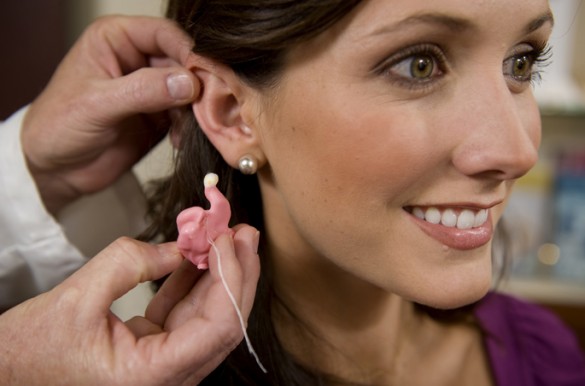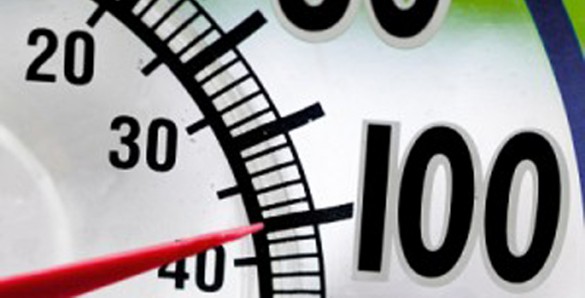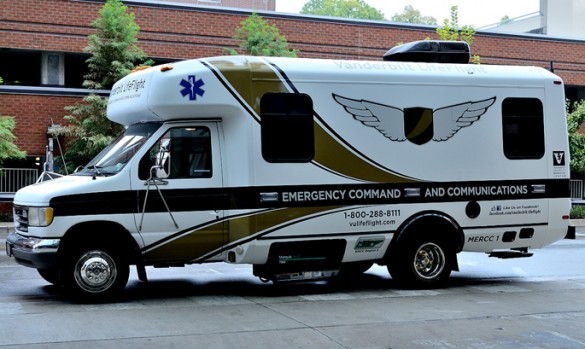
The Vanderbilt Audiology Clinic is teaming up with the nonprofit organization MusiCares to provide free, custom earplugs for musicians at Bonnaroo and the CMA Music Festival.
Vanderbilt audiologists will be on the ground at the music festivals, which both take place June 11-14. This is the second year for the earplug giveaway at Bonnaroo and the first year at the CMA fest, said Alicia Barker, audiologist and organizer of the event.
She expects to give away 100 pairs at each event. MusiCares, a division of the organization that gives the Grammy Awards, is paying for the cost, which is about $200 per pair.
“It’s an amazing product,” she said. “It’s a great opportunity for education on hearing protection, because hearing loss of this nature can be preventable.”
The product, also known as a music filter, is a small piece of transparent silicone that is barely visible when inserted in the ear canal. It is superior to generic earplugs because it is custom-designed to the musician’s ears and their role. For example, a drummer’s filters will block more noise than a lead singer, because their job is louder.
Common, over-the-counter earplugs tend to muffle and alter the sound a musician hears, but the custom plugs allow the same quality of sound to enter the musician’s ear as unfiltered sound, just at a lower volume.
Musicians who participate in the program will receive a consultation with an audiologist. “We talk to them about their history of (noise) exposure,” Barker said. “We talk to them about what they do, what level of protection we think they need. Also, ask questions about if they have symptoms of hearing loss. Do you have any ringing in your ears? Do you have difficulty hearing a noise?”
For musicians, a noisy environment is just part of the job. But they may not realize what damage is being done to their ears until it’s too late and hearing loss has already occurred. The consequences can limit their ability to work, said Devin McCaslin, Ph.D., associate professor of Hearing and Speech Sciences.
Musicians may lose their ability to hear higher frequencies over time, which distorts how they hear music. For example, one may hear a “C” note as a “B.” That could make it difficult to tune instruments. Preventing hearing loss is key, he said.
With custom hearing protection, “they’re still able to play,” he said. “They’re still able to tune. They’re able to do their job with hearing protection in their ears and thereby preserving it.”
Anne Marie Tharpe, Ph.D., professor and chair of Hearing and Speech Sciences and associate director of the Vanderbilt Bill Wilkerson Center, added, “The Audiology Clinic at Vanderbilt is proud to partner with MusiCares in efforts to prevent noise-induced hearing loss among those in the music community. Such preventative care allows musicians to continue practicing their craft without the burden of damaging their hearing in the process.”














